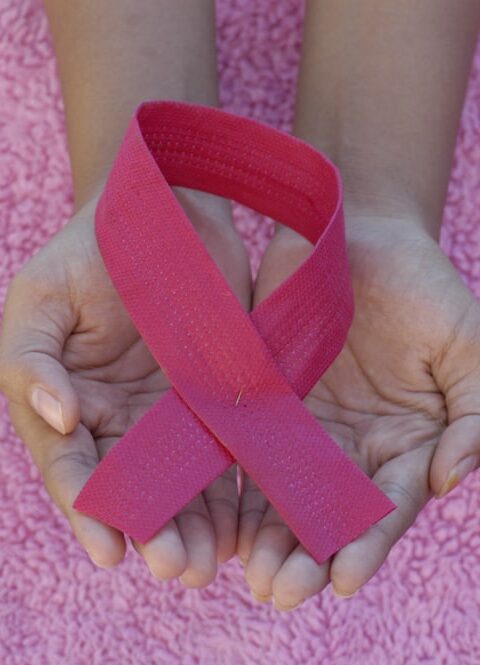For more than three decades, Camp LeJeune, with more than 150,000 acres and nearly a dozen miles of beach, served as the home of the United States Marine Corps base. If you served at Camp LeJeune, located in Jacksonville, North Carolina, you might have come in contact with contaminated drinking. The narrative that follows offers guidance to those who wish to learn more about potential compensation for victims of these toxic chemicals created by the Camp LeJeune Justice Act of 2022,
During the early 1980s, it was discovered that some of the drinking water wells serving Camp LeJeune contained unregulated industrial chemicals. These toxins may have harmed those who had served or worked at the camp over the past 30 years. Most wells that were found to be contaminated were closed by 1985.
Medical and scientific evidence has shown a direct correlation between exposure to these contaminant chemicals during military service and the manifestation of certain diseases sometime later. These drinking water contaminants may have included the following volatile compounds, which have been directly linked with specific cancer types, the presence of congenital disabilities, and other health issues –
- Trichloroethylene (TCE)
- Perchloroethylene (PCE)
- Vinyl Chloride
- Benzene
The ATSDR, also known as the Agency for Toxic Substances and Disease Registry, is an independent agency that operates under the auspices of the federal government’s Department of Health and Human Services. This agency has been evaluating the health risks connected with toxins found to be contained in Camp LeJeune’s drinking water. Some research studies estimate that there may be as many as one million military and civilian staff (& family members) who might have been exposed to the chemicals and toxins found in Camp LeJeune’s water wells.
To be eligible for disability benefits and compensation, you must meet service requirements and have a current diagnosis of defined presumptive medical conditions.
Who May be Eligible?
There may be monetary relief and health care services for injured individuals due to exposure to Camp LeJeune’s contaminated drinking water. The following are potentially eligible –
- Military Veterans
- Reservists, and,
- Guardsmen
Understanding Disability Benefits Eligibility Requirements
Eligibility requirements begin with qualifying service. Both the following statements must be true to be eligible.
- You served at Camp LeJeune (or the MCAS (Marine Corps Air Station)) for a minimum of 30 (cumulative) days sometime between August 1953 through the end of December 1987,
AND - Your military service ended without a dishonorable discharge.
In addition, you must have been diagnosed with one (or multiple) presumptive health condition to be eligible for these benefits.
- Adult leukemia
- Bladder cancer
- Aplastic anemia & other myelodysplastic syndromes
- Non-Hodgkin’s lymphoma
- Multiple myeloma
- Kidney cancer
- Liver cancer
- Parkinson’s disease
However, note that the injuries or harmful conditions must be appropriately demonstrated and directly related to the base toxins found in Camp LeJeune’s drinking water.
Available Benefits for Those Eligible
- Health care benefits
- Monetary compensation
Want to Learn More About the Camp LeJeune Justice Act of 2022?
The reality is that many former residents of Camp LeJeune strongly believe their health issues and medical problems have been caused by the base’s contaminated water. Fortunately, this recent legislation has stripped away certain legal mandates (for example, no requirement to prove negligence), making it easier to receive compensation for eligible veterans, service members, guardsmen or reserves, and their families.







